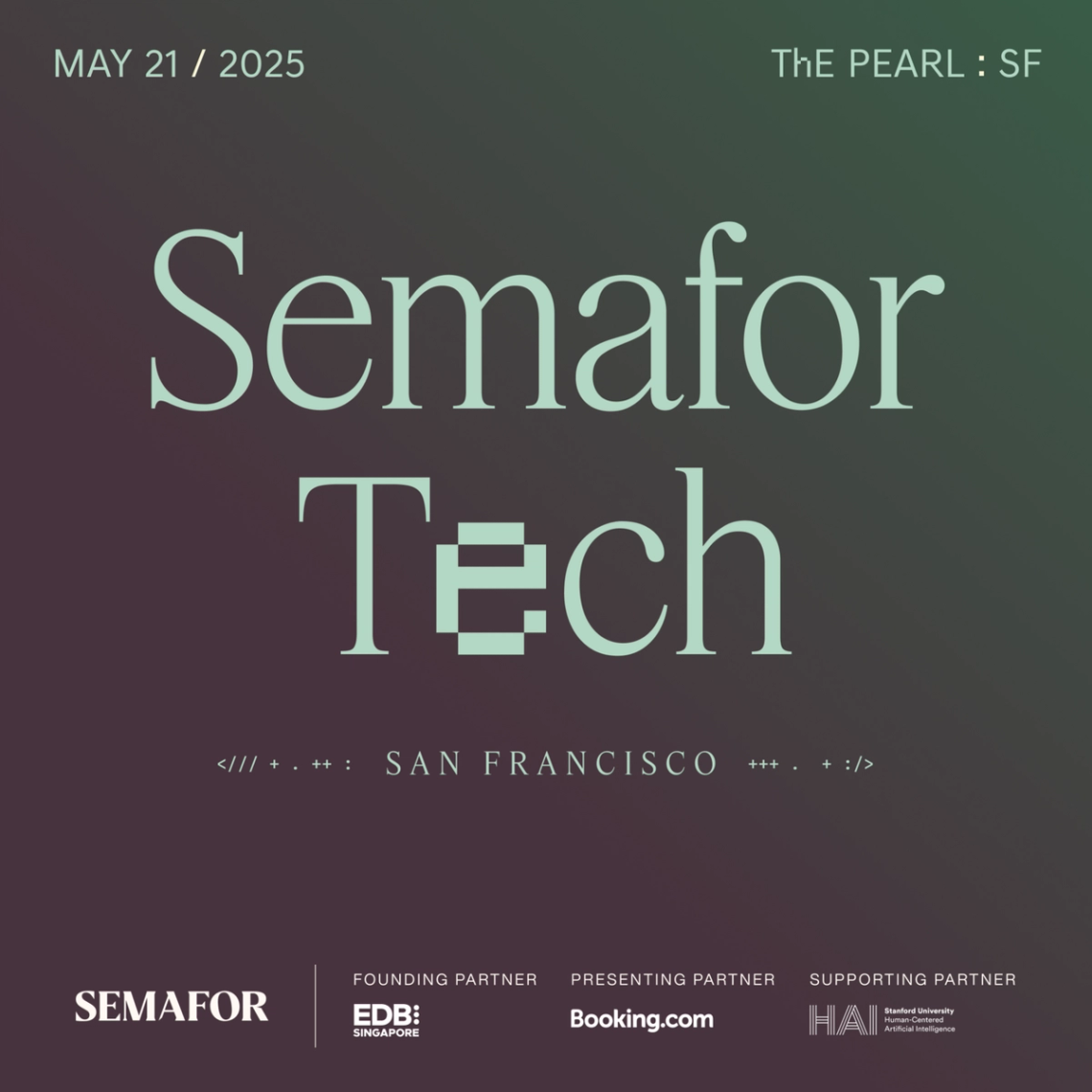 As AI continues to evolve at a rapid pace, companies are shifting from experimentation to real-world deployment and practical use within their businesses. Join Anthropic Co-Founder Jack Clark, World Labs Co-Founder and CEO Dr. Fei-Fei Li, Booking Holdings President and CEO Glenn Fogel, and Singapore Economic Development Board Executive Vice President Ih-Ming Chan for a discussion on the breakthroughs driving AI. Discussions will dive into how global, national, and regional AI ecosystems are shaping the technology’s future, and why building the policy frameworks governing them is more critical than ever for its potential. May 21, 2025 | San Francisco, CA | Request Invitation |